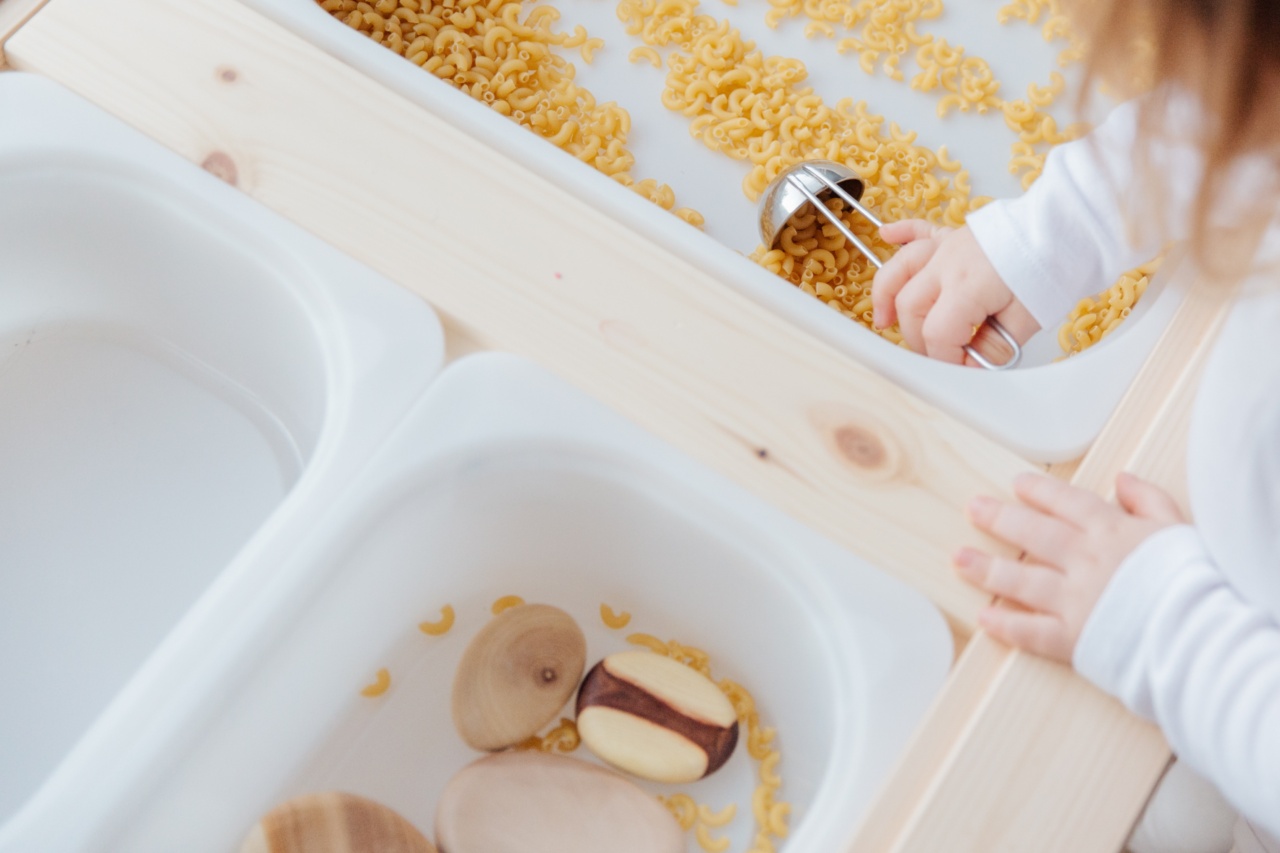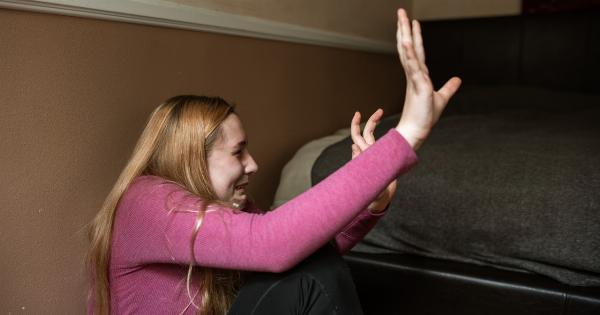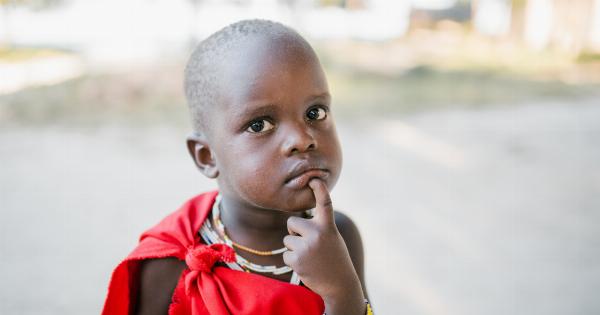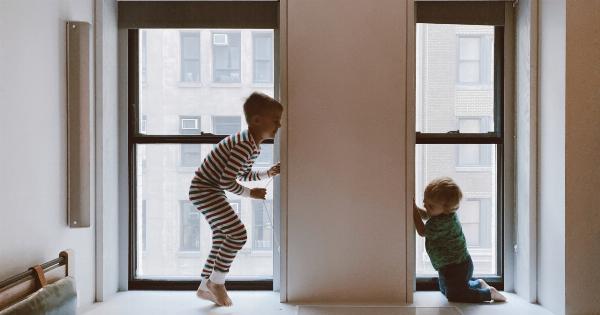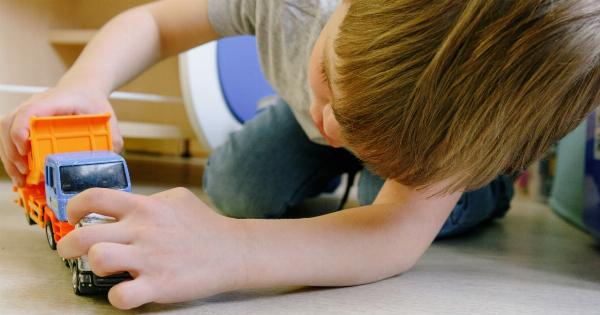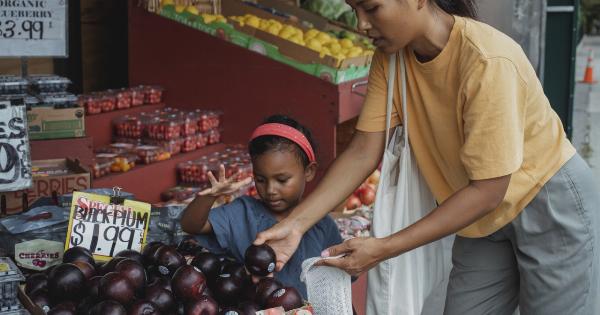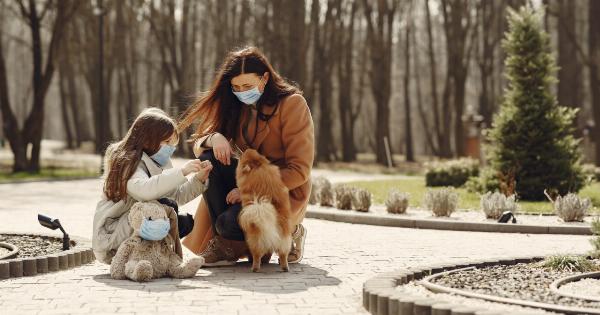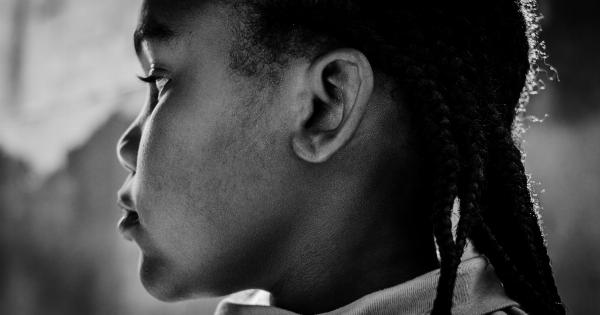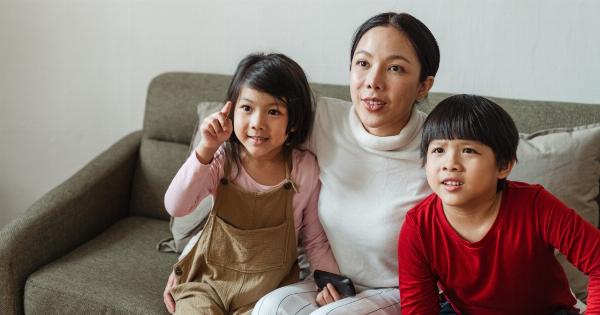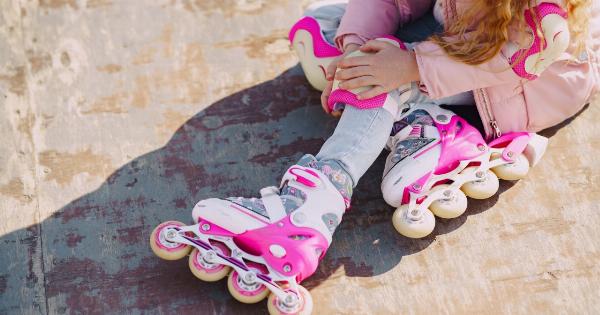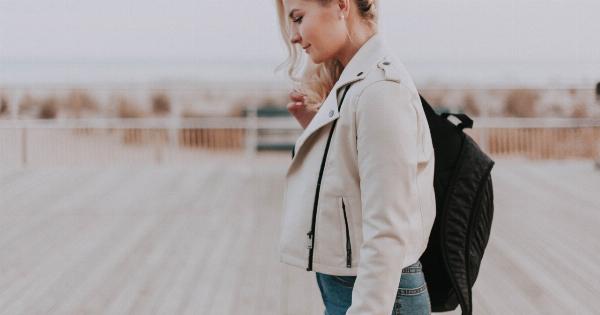As a parent, the safety of your child is your priority. Being aware of your child’s whereabouts is essential to ensure their protection and well-being.
You might have noticed that your child has taken a sudden interest in hiking and spending time outdoors. It is a great way for children to stay active and explore nature. But, as a parent, you may be worried about their safety while they are on a hike. Here are some things to consider if you are wondering whether your child took a hike or not.
Why would your child take a hike?
Hiking is an excellent way for children to spend their time outdoors, get some fresh air and exercise, have a sense of adventure and exploration, and learn about the environment and wildlife.
Children these days spend a lot of time inside, in front of screens, and in controlled environments, which can lead to a decrease in their physical activity levels and have a negative impact on their mental health and well-being. Hence it is a good sign if you discover that your child has an interest in hiking and the great outdoors.
How to know if your child went on a hike?
If your child went on a hike, they would be excited to tell you all about their adventure, and you might notice some signs that indicate they spent time outdoors recently.
Here are some of the things you can look for to figure out if your child went on a hike:.
1. Hiking gear and attire:
If your child has suddenly started wearing hiking boots, backpacks, or other outdoor gear, it could be a sign that they plan to go hiking soon.
2. Dirt and mud:
If your child comes home with dirty clothes and shoes, it might be an indication that they have been on a hike or spent time outdoors in a park or forest.
3. Evidence of a hike:
If your child has photographs or videos of themselves on a hike or has shared their experience with you, it is clear that they went on a hike.
4. Knowledge of hiking trails:
If your child knows about various hiking trails or has mentioned hiking destinations, it might be an indication that they have gone on a hike or are planning to go on one soon.
Is your child prepared for a hike?
Before going on a hike, it is important to ensure that your child is prepared and knows what to expect. Several factors can affect a hike’s difficulty level, such as the terrain, weather conditions, altitude, distance, and fitness level.
Therefore, it is necessary to plan your child’s hike in advance and consider these factors. Here are some things to keep in mind:.
1. Age and fitness level:
Your child’s age and fitness level are important factors to consider before planning a hike. Choose a trail that is suited to their ability to avoid any undue stress or physical exhaustion.
2. Weather conditions:
Check the weather forecast before heading out on a hike. Make sure your child is dressed appropriately and carries the necessary gear for any weather condition.
3. Safety equipment:
Carry essential safety equipment like a first-aid kit, map, compass, whistle, and flashlight. Teach your child how to use them in case of an emergency.
4. Trail difficulty:
Ensure that the trail you choose is appropriate for your child’s hiking level. Avoid trails that may be too challenging or dangerous, especially if it is their first hike.
Hiking with your child:
If your child has shown an interest in hiking, it is essential that you hike with them and supervise them. Hiking can be a fun and rewarding experience for both of you.
It is a great way to bond with your child, spend quality time outdoors, and teach them about the environment and wildlife. Here are some things to keep in mind while hiking with your child:.
1. Pick an appropriate trail:
Choose a trail that is appropriate for your child’s age, fitness level, and experience. Avoid trails that may be too challenging or dangerous, especially if it is their first hike.
2. Carry essential gear:
Carry essential gear like a first-aid kit, map, compass, whistle, and flashlight. Pack enough food and water for both of you to stay hydrated and energized throughout the hike.
3. Breaks and rest:
Take breaks and rest frequently, especially if your child starts to feel tired or uncomfortable. Encourage your child to ask for frequent breaks if needed.
4. Teach your child about nature:
Take the opportunity to teach your child about the environment, wildlife, and vegetation along the trail. It’s a great way to make the hike more engaging and informative for your child.
Conclusion
Exploring the great outdoors and going on a hike with your child can be a fun and rewarding experience. It is great to see your child showing an interest in hiking and spending time in nature.
Still, as a parent, you need to ensure that your child is prepared for the hike, and their safety is not compromised. So, go out there, connect with nature, and have a great time with your child.
